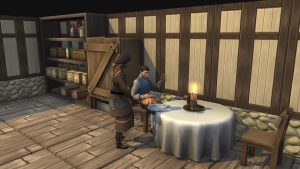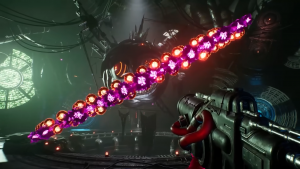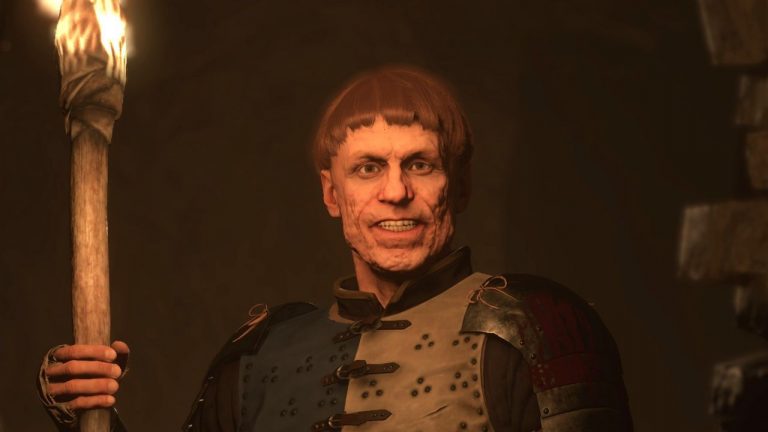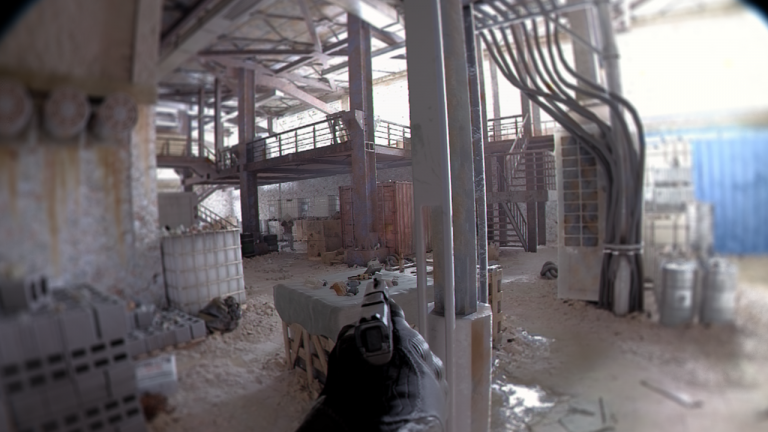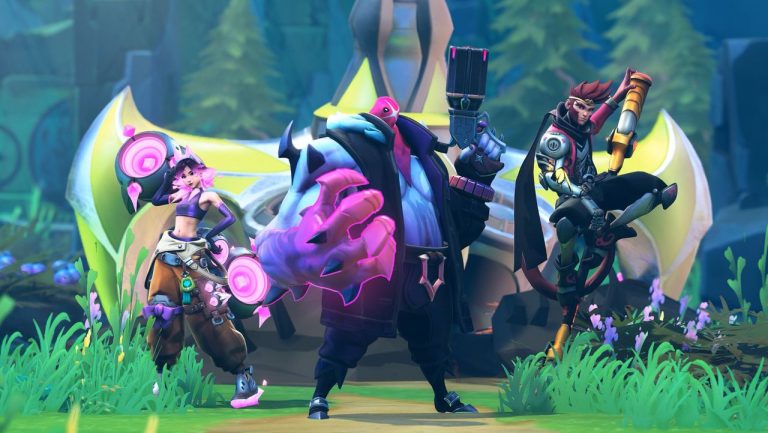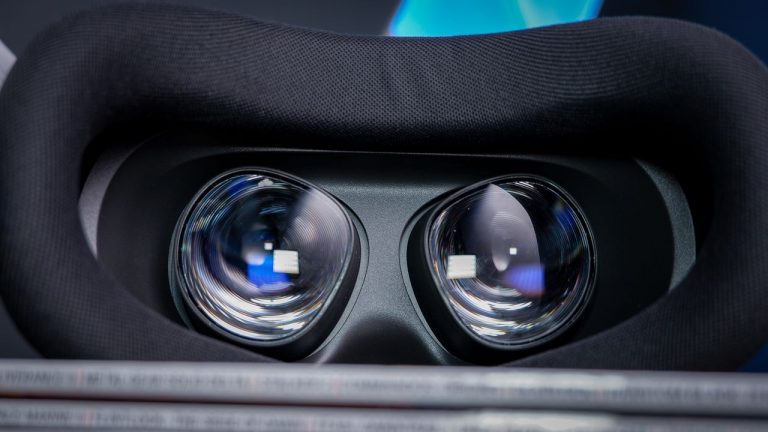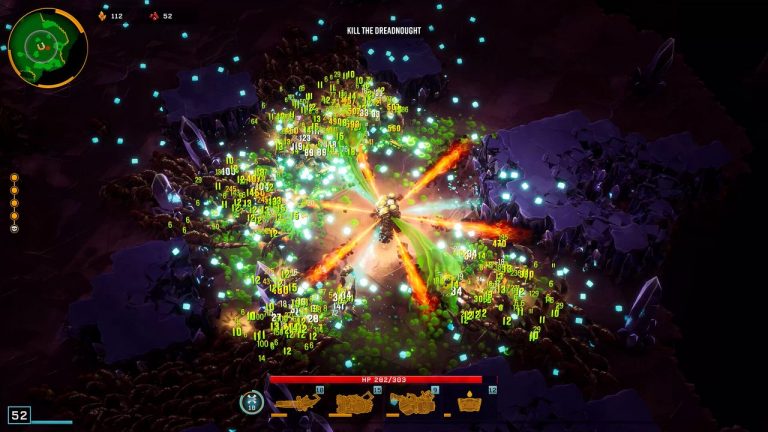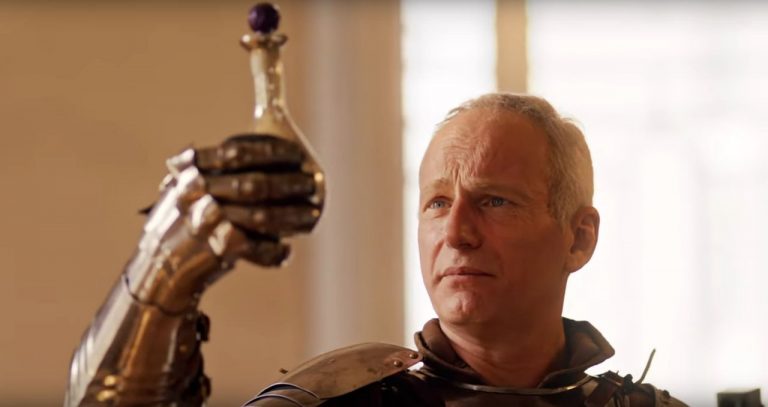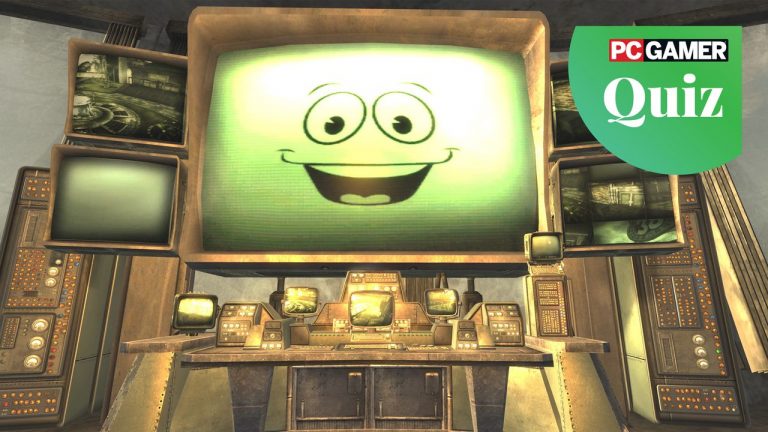Judas, creative director Ken Levine’s follow-up to BioShock Infinite, has been in development for years, but we knew very little about it until the basics were laid out in a story trailer in January: Players will wield a mix of weapons and not-plasmid powers aboard a giant spaceship called Mayflower, while trying to stay alive in a society run by the “Big Three” that doesn’t appear to be doing especially well.
Now we’ve got more of idea what to look forward to thanks to an in-depth new interview with IGN, in which Levine revealed who the Big Three are, what you did to make them (and everyone else) so angry, and why you need to mend some fences if you don’t want to end up dead.
(Early-game spoilers follow, so tune out if you don’t want to blow the surprise.)
The Big Three, it turns out, are not Nintendo, Sony, and Microsoft. They’re Tom, the ship’s head of security; Nefertiti, a Nobel Prize-winning scientist who wants to lead humanity into the future; and Hope, a counsellor, matchmaker, and “everybody’s best friend,” who’s caught up in a serious existential crisis of her own. They used to be a family—Tom and Nefertiti were married, Hope was their adopted daughter—but that was a long time ago, and now they really don’t get along. You, the titular Judas, will have to deal with all three of them as they each vie for your sympathy and support, and do their best to undermine the other two.
Unlike previous KenShock games, where you play an amnesiac outsider inserted into a bad situation, in Judas you’ve been a part of the society right from the beginning. But lapsed memories will still play a role. You’re not exactly alive, you see: Instead you’ve been “reprinted,” which sounds very much like the resurrection process enabled by the Vita-Chambers in BioShock or the Quantum Bio-Reconstruction Machines in System Shock 2. As part of that process, your memories are stored on a crystal, which you can see on Judas’ hand. But when Judas begins, the crystal is damaged, so her memories are incomplete.
“Part of the journey is discovering what happened to you because you’re missing some of this,” Levine said. “But most of your experience, most of your members, these characters, you’re interacting with the Big Three. You have a long and detailed history with them and a very contentious history with them.”
“Contentious” may be putting it mildly. Even though you’re not an outsider, you’re still “the least popular, most hated person on the ship” because it was you who revealed the very difficult truth to everyone on board that they’re not really people—they’re robots.
“They didn’t know that. Nobody on the ship knew that,” Levine said. “And that revelation causes them to all go through a different kind of existential crisis. And the whole ship collapses because as the leader figures collapse with this new knowledge—imagine being told none of your achievements are your own, none of your memories are your own.
“That just sends them down a crazy spiral, all three of them. Judas did that. She discovers what they are, she exposes to the world and to them what they are. And that is one of the things that causes the collapse of the ship.”
The ultimate goal is to get down to the surface of Proxima, the target world for Mayflower, before the ship crashes. But doing so will require the aid of one of the Big Three—who may be antagonists but aren’t necessarily villains.
“Imagine being stuck in this situation in a lifeboat with your worst enemy and having to learn maybe the things you thought about them, the assumptions you made about them weren’t entirely true,” Levine said. “Maybe you get to learn about what they had to go through, their challenges in life and how they became such a thorn in your side and you became a thorn in their side. It’s really a journey of discovery.”
We said in January that Judas “couldn’t look more like BioShock 4 if it had a lighthouse, a man, and a city,” and I think that assessment holds true. But it also sounds like Levine is aiming for a more fully-realized game world, with non-linear storytelling, dynamic interactions with NPCs based on the player’s actions, and a “rogue loop system” that will somehow change the world while you’re modifying Mayflower. Narratively, at least, Judas promises a big step forward (which makes sense—it’s been 11 years since BioShock Infinite), and even if it ultimately turns out to be mostly BioShock in Space, that’ll be good enough for me, at least until System Shock 3 comes along.
Levine’s full interview with IGN is genuinely massive, and covers a wide range of topics beyond just the game itself. If you’re curious about Judas, it’s definitely worth a read.

